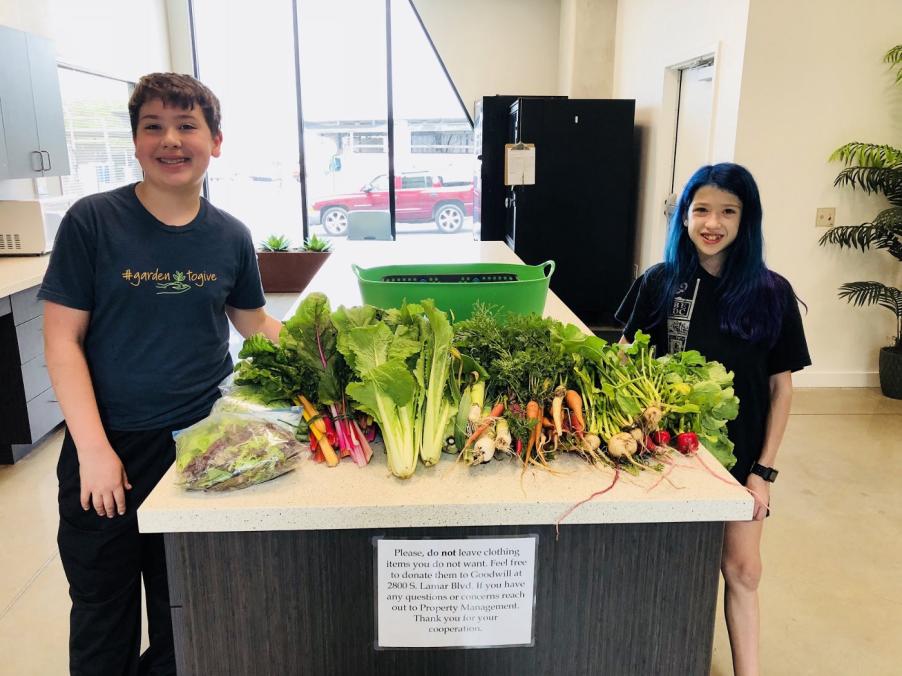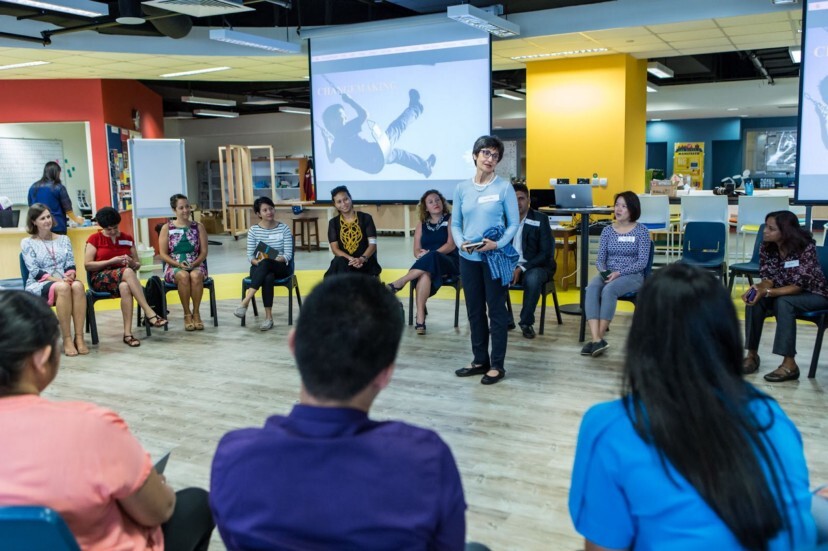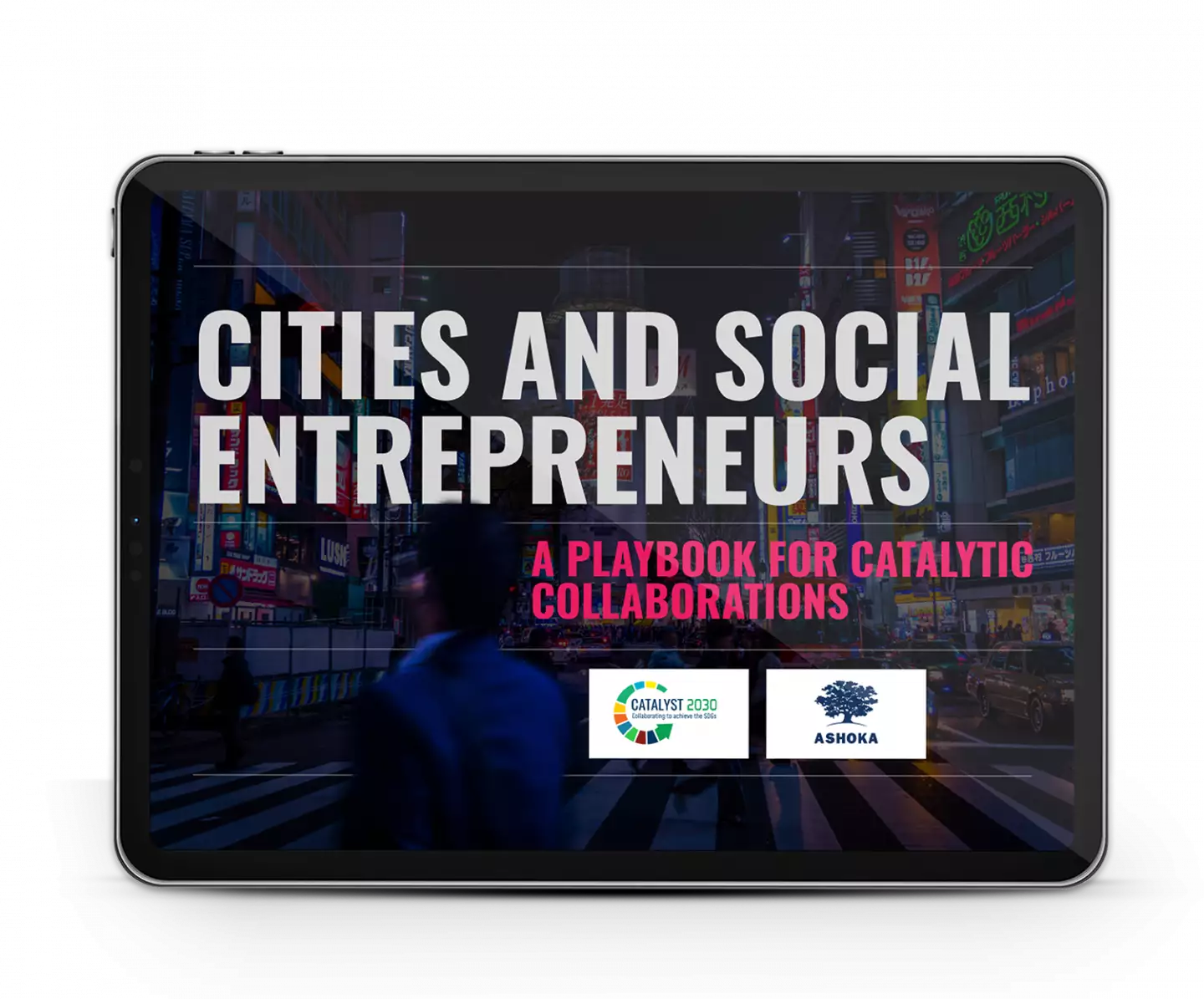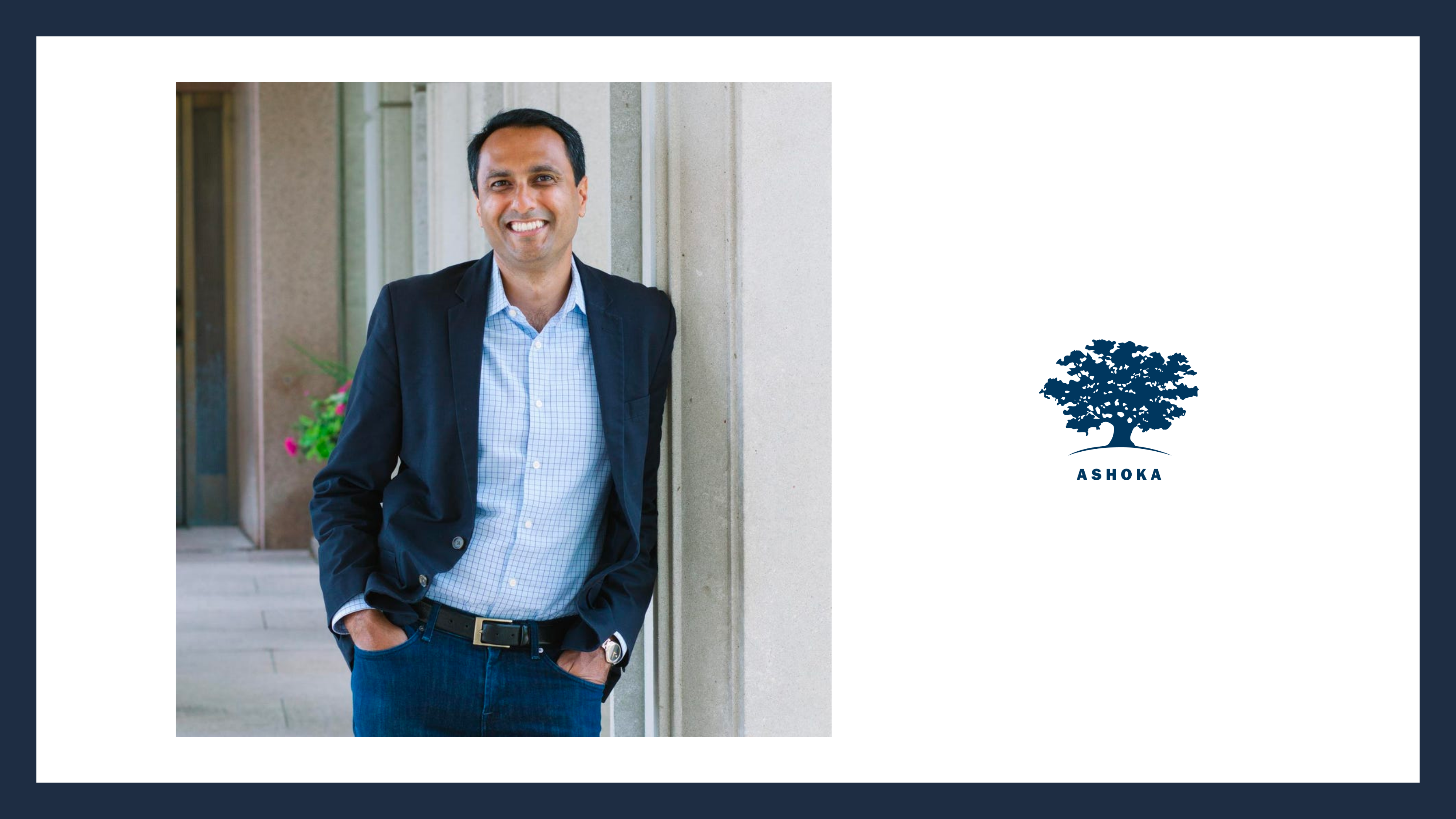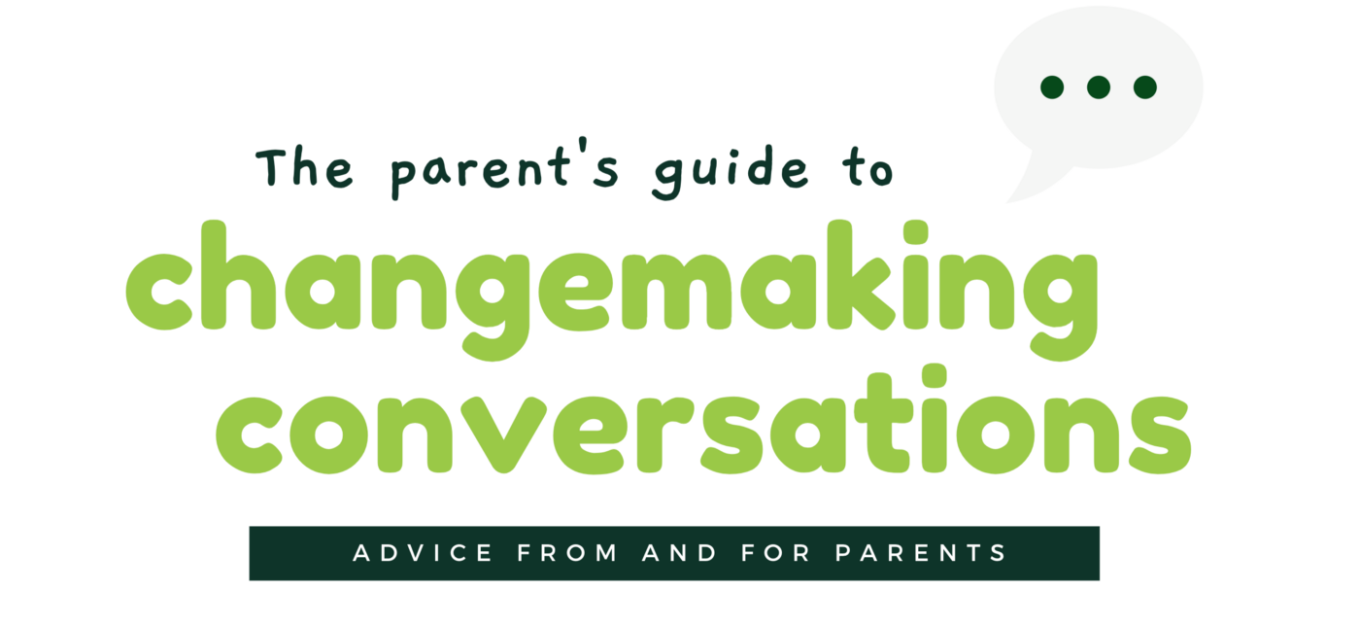
Over the past year, young people have spent more time at home than ever. 188 countries closed schools nationwide during the COVID-19 pandemic — impacting more than 1.5 billion students. Even as schools re-opened, many students switched to learning virtually from home.
Meanwhile, the crisis has exacerbated ongoing problems in our communities — issues like inequality, unemployment, and healthcare access. Rather than just passing the time, what if young people — and families — took the chance to talk about social issues and what we can do to solve them?
We asked parents of young changemakers — students who are already making a difference in their communities — to share their advice for helping young people discover their power to make change.
The first step to becoming a changemaker starts with asking questions. Why are things the way they are?
When she was around 10 or 11, Laya Yalamanchili approached her father with a question: Why couldn’t she find apps in the app store for children with special needs, when there seem to be apps for everything — and everyone — else?
“She kept asking me questions, so I was patient,” Seshu Yalamanchili remembers. He encouraged her to keep exploring. So she found an online mobile app platform, experimented to create a basic app that gives the user different screen feedback, and invited kids with visual impairments to try it out.
Curiosity is a common theme among changemakers. Smitha Gollamudi finds herself having deep conversations at 10:00pm (“like clockwork”) when her son, Chander brings up new questions — and she’ll follow up the next day to keep the discussion going. Their family, and others, also share thought-provoking articles in a group text or email chain to prompt questions and discussion.
The key: Embrace questions, even — and especially — when there aren’t easy answers. Listen and follow young people’s lead.
When eight-year-old Ian McKenna heard about other students at his school struggling with food insecurity, he wanted to know what he could do. “We sat down and talked about the reality of it,” his mother, Sarah McKenna remembers. “We didn’t cover it up.” It’s important to have real conversations — “don’t shield them,” she says.
During the current COVID-19 crisis, the enormity and complexity of global social issues is impossible to hide. “They’ve seen some grown-ups mess up pretty badly,” one parent noted.
Instead of shielding, lean in: Don’t be afraid to engage with big issues and uncharted waters.
Growing up in an international family — his mother’s family is from India and his father’s from Ireland — Chander met people all over the world. Smitha saw the impact of this exposure on her son early on. When they visited China, he noticed the poor air quality and how kids weren’t playing outside. He wanted to do something to help.
When his international efforts were frustrated, he looked locally to the issues around him. Chander later realized his classmates on school meal plans didn’t get fresh vegetables at school — so he started an urban farming venture, Urban Beet, to address food insecurity and environmental issues at his school and beyond.
Sarah McKenna exposed her children, Ian and Addison, to needs in the local community from a young age. One Christmas morning, instead of heading straight for presents under the tree, she “dragged them out of bed” at 5:00a.m. to drop gifts off at a classmate’s house. Ian, who had been reluctant to go, felt a spark to do something more when he witnessed the gesture’s impact.
Exposure to injustice and inequality — whether global or local — can powerfully ignite the desire to make change.
In his experience — both as a grandparent of young changemakers and an educator teaching entrepreneurship — Tom O’Neill has seen students have their ideas or questions shut down by adults. “There are no limits,” he reminds parents. “If they want to run a lemonade stand at age six, they can!”
Treating young people with respect is key, Smitha Gollamudi says. Never say “you’re just a kid, focus on your studies and when you grow up you can do these things.”
“They’re full of ideas and energy. And your job is to not stymie it. Give it lots and lots of room.”
Not only can parents serve as role models by being changemakers in their own circles, they help set up their children for success by surrounding them with supportive adults.
Having a support system — whether at school, home, or elsewhere — helps to remove barriers for students to make change. Parents can help them identify people who respect their ideas — and filter out the adults who don’t. It’s helping young people to “find your village,” Tom says.
At the same time, it’s important not to go too far. Excited when her daughter started an education initiative, Salma Hasan Ali realized her own excitement could go too far. So when her younger son, Zayd, started his own initiative, which uses soccer to bring communities together, Salma practiced encouraging and motivating her son without getting too involved.
“Let them take the lead on how big they want to grow that idea,” she says. Not every initiative needs to be big and bold.
Most changemakers will try and fail many times before landing on an initiative that starts working. Parents agree: it’s hard to watch your child to fail. “As a society we sometimes set up perfectionist expectations on children. And we need to let them explore and fail a few times which is okay,” Seshu Yalamanchili explained.
“It’s okay to try and sometimes you succeed and sometimes you don’t. But letting them keep trying is the most important thing.”
-
In the midst of the COVID-19 pandemic, learning to make positive change is more important than ever. Here are some tips from parents for engaging in this moment:
“Listen. Relate [the conversation] to the situation we are in right now. Ask the questions “What can we do to help others? What can do to make sure this never happens again?”
“There’s always a choice — reach out to help neighbor or hoard? Choose gratitude or complain? It’s that simple, but easier said than done.”
“Share out loud what your struggle is, you don’t have to hide it.”
Learn more
For more resources on raising changemakers, including podcasts and a “Changemaker Family” video series, visit this link.
Opportunity alert: Do you know a young changemaker (age 14–20) who is using STEM skills to help make the world more environmentally sustainable? Ashoka has partnered with GM for the third Our Planet, Our Purpose: STEM for Changemaking Challenge. Learn more here.




